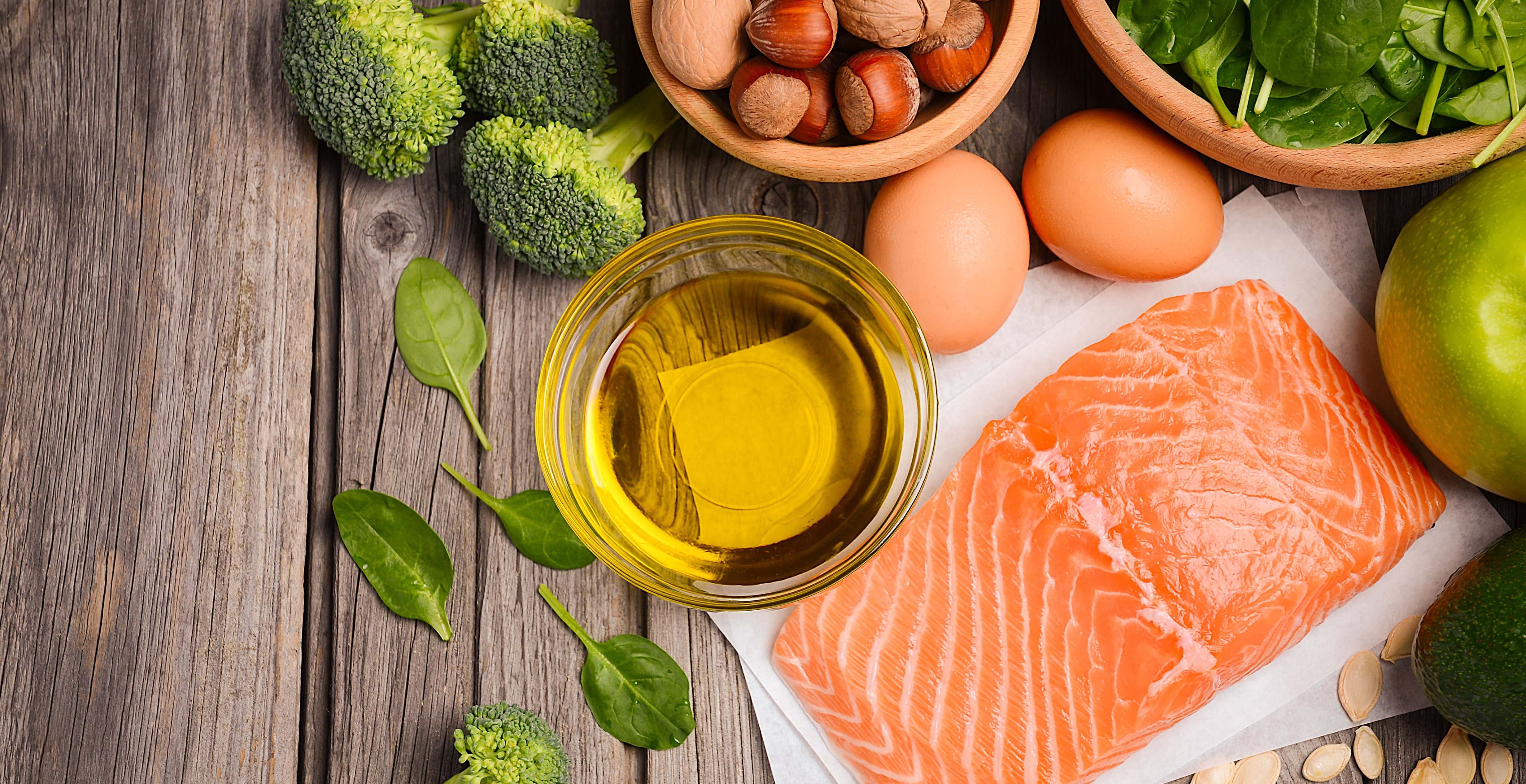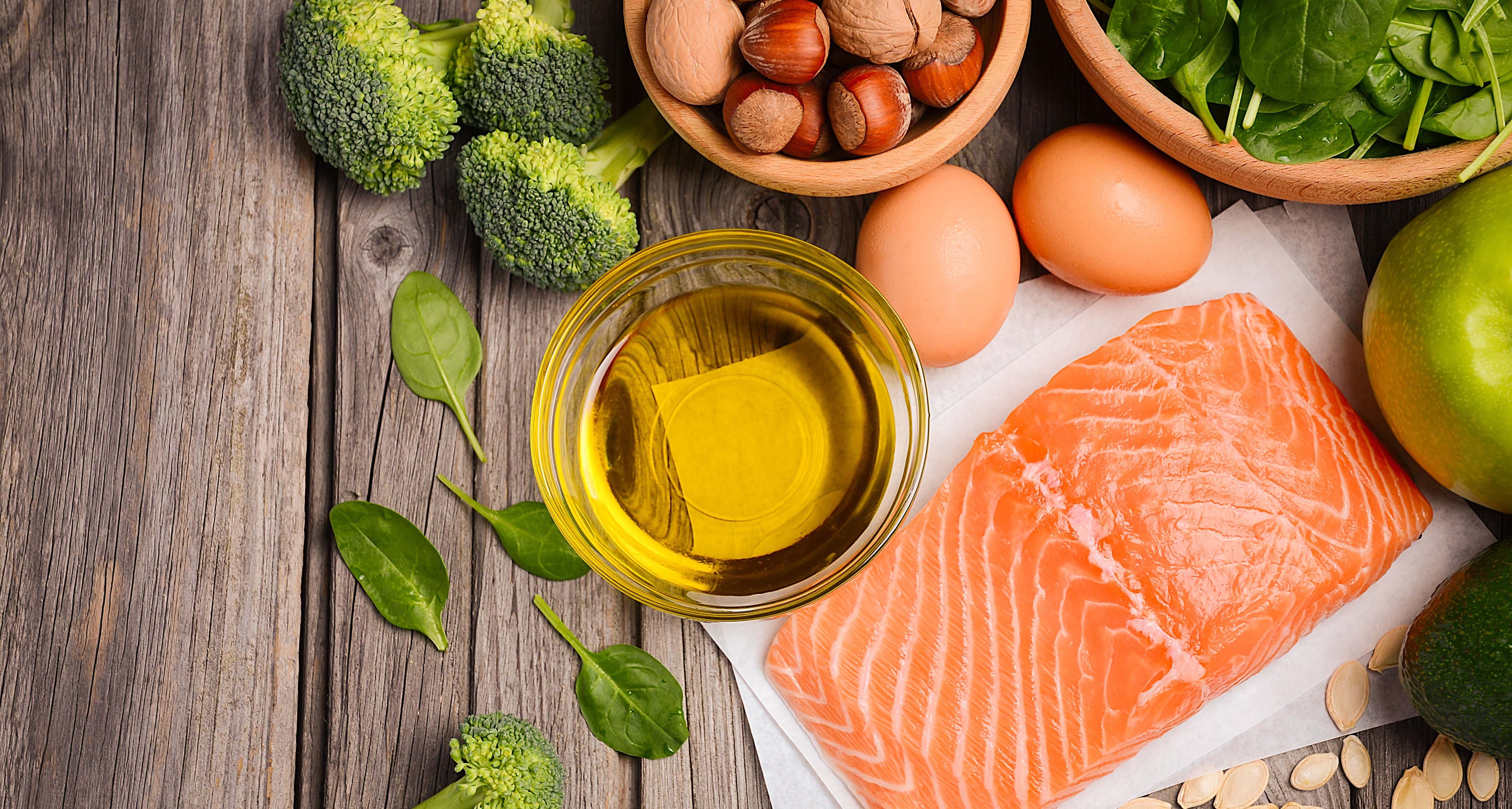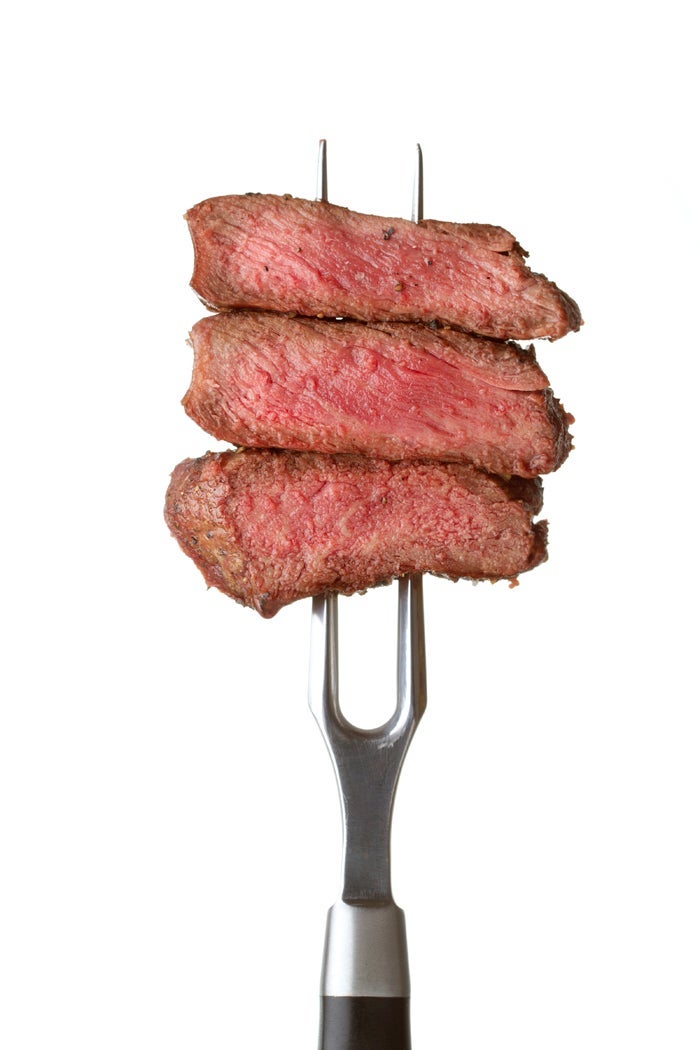Protein Power


Making sure you get enough protein in your diet is crucial for maintaining good health, preventing illness and fatigue as well as ensuring weight loss success. Protein’s popularity has led to high-protein diets being promoted by celebrities and athletes on social media, often with the goal of selling protein bars, shakes and powders. Amidst all the hype about protein, it’s important to know what this very vital nutrient can do for your body, how much you actually need every day and, whether you identify as a meat eater a vegan or somewhere in the middle, all the different ways it can easily be incorporated into your regular meal plan.
What is protein?
Protein, along with carbohydrates and fat, is a macronutrient that your body requires to function regularly and healthily (the term “macronutrient” refers to the fact that it’s a nutrient your body needs in comparatively large amounts). What makes protein such an important and unique nutrient is the fact that, unlike carbohydrates and fat, your body doesn’t keep protein stored for later use which is why it’s so imperative to make it a consistent part of your diet.
Why is protein important?
Protein is an essential building block for many parts of our bodies; muscles, skin, hair, ligaments and cartilage are all composed primarily of protein molecules. Eating protein-based foods after a challenging workout is a good idea because it helps muscle tissue repair itself and build new lean muscle tissue in its place. Protein is even more beneficial when you’re trying to lose weight as it creates a long-lasting feeling of satiety which makes it an ideal snack for between meal times.
How much protein do I need and how should I consume it?
In Canada, most people eat enough protein in their day-to-day diets so there is no general concern regarding Canadians fulfilling their recommended daily amount of protein. There are some estimates on how much protein is ideal. For the average Canadian these include ensuring 20 per cent of the calories in your daily diet come from protein, or that you consume 0.8 grams of protein per kilogram of body weight. While professional athletes and weight lifters may require extra protein from outside sources, most Canadians don’t need additional supplements to stay healthy. Ideally, protein should be eaten alongside carbohydrates and fat. The carbohydrates help with immediate hunger, protein stretches the feeling of fullness hours after eating and fat lets your body know when to stop eating.
What are some nutritious sources of protein?
The Canadian Food Guide lists lean meats and seafood, beans and lentils, tofu, dairy, poultry, eggs, nuts and seeds as good sources of protein. A small handful of nuts and an apple or cut up vegetables and a serving of hummus are tasty, affordable and portable snacks that will keep you full while you’re out during the day. Experiment with lentil salads, not only will they be delicious the day of but they’ll last all week long stored in the fridge. Bean-based dips make an easy appetizer for your next get-together and can be supplemented with Greek yogurt instead of sour cream. Marinate and freeze chicken breasts to have handy for nights when cooking isn’t a priority, all they’ll need is a vegetable or grain to round out the meal.

